Project Description
Subtitle: 8 Strategies Great Minds Use to Achieve Success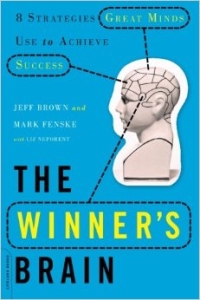
By: Jeff Brown and Mark Penske
Notes:
- Winners work harder than other people.
- Winners take charge of their brains adaptability.
- Rohdan failed to get into art school three times, before becoming the best artist in the world.
- Brain power quiz says I’m well developed and now I just need to fine tune them.
- Great tools:
- Goal laser: being able to see exactly what you want to achieve and going after it.
- Effort accelerator: the tool that allows someone to push through obstacles to get to your goal.
- Talent meter: the ability to figure out what your strengths and weaknesses are and how to develop it.
- Win Factors:
- Self awareness:
- How you related to the world and it to you.
- Helps you to understand your talents and what to do.
- When you narrow the gap between your public and private self, you become more of a genuien person and people trust you better.
- To improve the way you read non-verbal ques, watch the body language of actors in a movie with no volume to see if you can capture the understanding. Then watch with volume to see if you understood.
- Stability in thoughts lead to success and longterm planning.
- Those who remain in the dark about their weaknesses, are doomed for failure.
- Motivation:
- Goal oriented:
- Personal drive:
- The power to drive through boring tasks is a trait of the winners brain.
- To generate motivation, make small tweaks in your routine. Eat somewhere different.
- Focus on each of the tasks that go into reaching a goal to drive your motivation.
- Low quality is when money is the only reward for doing something.
- It also leads to lower creativity. Therefore, bonuses generally don’t work.
- Money drives people to complete tasks that are boring. (extrinsic rewards).
- Extrinsic rewards help to get things going at first, but that can reverse if intrinsic rewards aren’t enough.
- To avoid procrastination, list concrete tasks in detail. Broad tasks result in procrastination.
- Start with a series of small tacks to get the ball rolling.
- Focus:
- Winners have the ability to focus on the most important details.
- Implies withdrawing from one things to focus on others.
- Average worker takes 30 mins to get back to their original tasks.
- Ways to get back on focus:
- Remind yourself that you are off task.
- Compete to the original task.
- Eliminate factors that derail attention.
- Choose a starting point and make a physical action that gets you back on course. Check mark.
- Pay attention to small details you may not ordinarily notice.
- Reinvest focus: notice the small details to get back to the task.
- Meditation training helps to make focus a lot better.
- Video games have a positive impact on attention control.
- The more things you can switch to autopilot, the more you can focus on the task as hand.
- To get to autopilot, you have practice a lot.
- Practice individual parts of the skill before doing the whole thing at once.
- Use all of your senses to make the experience real.
- To get organized and focused:
- Make a detailed list of the activities that are necessary.
- Give each task an A,B,C ranking in importance.
- A for tasks that need to be completed in a day, B for a week, C for a month.
- Rank each A, B, C task by time needed.
- Refresh each week.
- Loose and relaxed people to better at whack-a-mole.
- Gaze at the center of the playing surface.
- Don’t move head at all, but follow with eyes.
- Return mallett to center after each time.
- Boredom is where your abilities exceed the challenge. There is no reward for excelling.
- Therefore, seek out challenges.
- Emotional balance:
- Winner brains are experts at channeling emotions.
- Instead of asking, what are you feeling, instead of what are you thinking.
- Read and experience things from the opposite view of yours.
- You can literally choose happiness. It correlates with workplace success.
- Reframing helps a person to be more calm. AKA, take a deep breadth.
- Try bookending. When something traumatic happens,
- Memory:
- The ability to predict is what makes memory better.
- To get memory working better, do unique things at least once a week.
- To keep information better, attach it to something meaningful and already in your memory.
- Repetition is also important for things that are routinized.
- It doesn’t have to be real in order to be relevant.
- Journey technique to increase memory:
- Think of a familiar journey.
- Place pictures along the path that represent things you are trying to memorize.
- Go on the mental journey and pick up everything.
- Even numbers are turn into pictures: 1. is a candle, 2 is a snake.
- Really emotional outcomes can help with memory.
- Especially in fearful and stressful moments.
- Practice makes perfect memory.
- Gesturing makes memories more durable.
- Resilience
- Bouncing back into success.
- Winners reframe failures when things don’t go as planned.
- Bad is when you blame everything on luck. Better to have an active roll in your fate.
- Successful people are able to slow down after a mistake to recollect themselves.
- Determine the source of the mistake, learn from it, and put it in the past.
- When getting over something, ask yourself what you think your role model would do.
- “Fall down seven times. Get up eight.” Marines.
- Thomas Edison: “Many of life’s failures are with men who didn’t know how close they were to success when they gave up.”
- Long term stress and depression causes the brain to shrink.
- There is a relationship between math and musical ability.
- Adaptability
- Yoga and meditation help to rewire their brains to deal with things better.
- Brain Care:
- Physical care, eating right, and sleeping right.
- Exercise has such a big impact on the brain, that it’s incredible important. Tons of findings.
- Adds oxygen to the brain that helps utilize food ingredients.
- Three times a week is good enough. Marathons aren’t needed.
- Enjoying hobbies also help.
- Working for life in your passion also has an impact on this.
- It’s the only thing that actually improves brain operations hands down.
- Food that helps the brain to work better:
- Fish and nuts.
- Apples and berries also helped.
- Must sleep. Poor sleep affects the brain.
- Studies say you can retain stuff for longer if you immediately go to sleep after learning it.
- Going to sleep with a difficult problem can sometimes pop the solution into your head first thing.
- Lowering body temperate triggers a bodies desire to sleep. Warm environments do the opposite.
- Take a cool shower before sleeping.
- Sleeping pills put you to sleep, but don’t probide the benefits of real sleep.
- Meditation is one of the best ways to get to sleep. 30 mins at most.
- Self awareness:
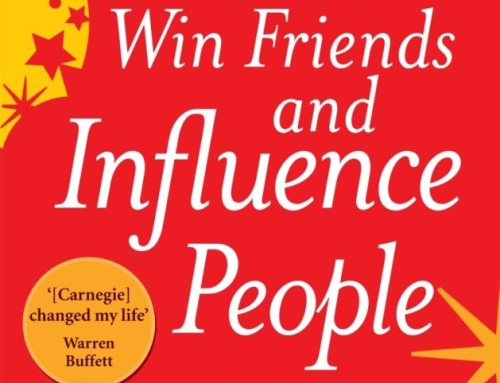
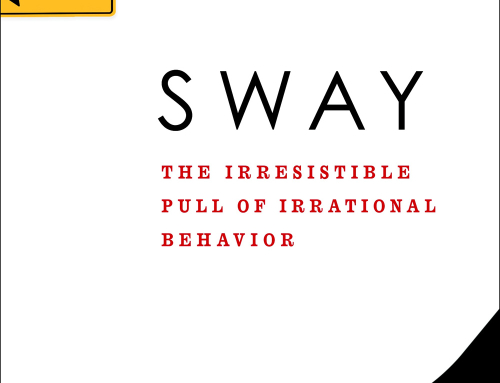
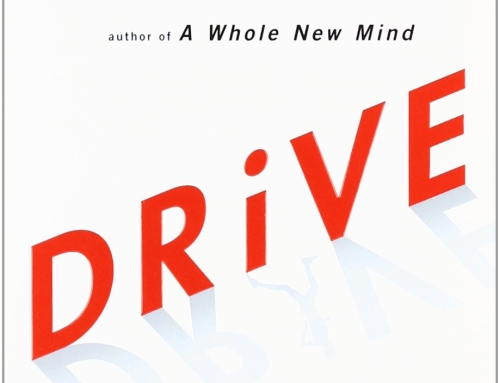
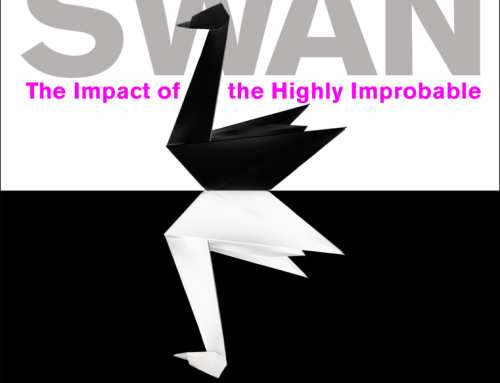
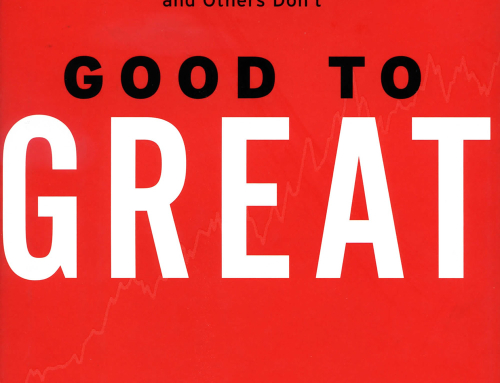
Leave A Comment